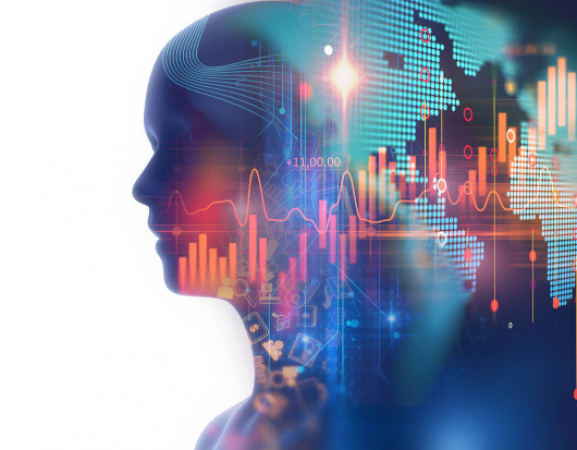
New Delhi: AI has the potential to significantly support large corporations in a variety of ways and contribute to the development of a robust global economy. Here are some examples of how AI can be useful:
1. Data analysis and insights: AI can process vast amounts of data quickly and extract valuable insights. This enables businesses to make data-driven decisions, identify trends, and anticipate market demands, leading to more efficient and effective operations.
2. Automation and productivity: AI-powered automation can streamline business processes, reduce manual work, and enhance productivity. Tasks such as data entry, customer support, inventory management, and production processes can be automated, allowing employees to focus on higher-value activities.
Also Read: How steel production affects the world economy?
3. Personalization and customer experience: AI can help businesses understand customer preferences and behavior, allowing for personalized marketing and tailored customer experiences. By analyzing customer data, AI can provide recommendations, offer targeted promotions, and improve customer satisfaction.
4. Enhanced efficiency and cost savings: AI can optimize resource allocation, supply chain management, and logistics, leading to cost savings and improved efficiency. Machine learning algorithms can optimize routes, reduce transportation costs, and minimize inventory levels, ultimately improving the bottom line.
5. Risk management and fraud detection: AI can analyze vast amounts of data to identify patterns and anomalies that might indicate fraudulent activities. This is particularly useful in the financial sector, where AI can detect fraudulent transactions, assess credit risks, and enhance cybersecurity measures.
Also Read: Conflicting messages from Saudi Arabia and Russia weighed on oil prices in early Friday trade
6. Innovation and product development: AI technologies, such as natural language processing and computer vision, can facilitate innovation and accelerate product development cycles. AI-powered algorithms can analyze customer feedback, market trends, and research data to identify new product opportunities and improve existing offerings.
7. Predictive analytics and forecasting: AI can leverage historical data to make accurate predictions and forecasts. Businesses can utilize these insights to anticipate market trends, optimize production levels, manage inventory, and make informed investment decisions.
8. Global collaboration and communication: AI can facilitate communication and collaboration across geographically dispersed teams and businesses. Language translation, virtual meetings, and collaborative tools powered by AI can break down language barriers and enable seamless global interactions.
Also Read: Signs of Pvt sector investment cycle unfolding: CEA Nageswaran
It's crucial to remember that while AI has enormous potential, it also presents issues like data privacy, ethical dilemmas, and potential job displacement. It's critical to create rules, ethical frameworks, and invest in reskilling and upskilling the workforce to take advantage of AI's benefits to the fullest extent possible.